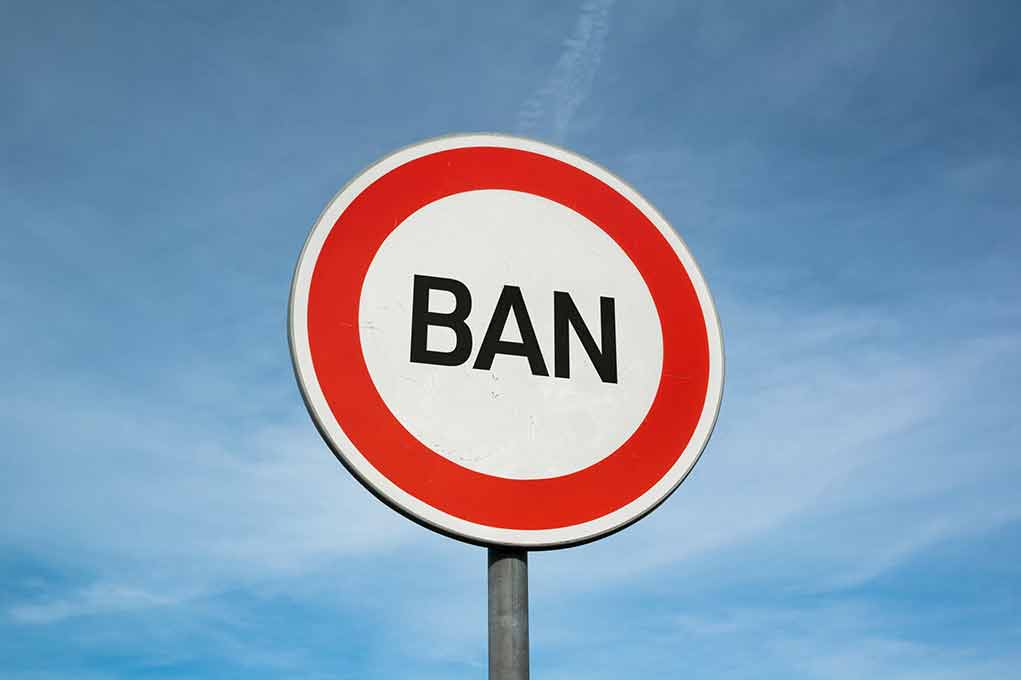
Under Robert F. Kennedy Jr.’s watch, West Virginia takes a bold step to revamp nutritional assistance by prohibiting the use of food stamps for soft drinks, setting the stage for a national debate.
Key Takeaways
- Robert F. Kennedy Jr. advocates a ban on using food stamps for soda purchases.
- The initiative begins in West Virginia, aiming to improve dietary health.
- The West Virginia Governor supports focusing food assistance on nutritious options.
- The outcome may impact the beverage industry, pending Congressional actions.
- The USDA traditionally opposed to such bans, appears supportive of West Virginia’s initiative.
Introduction of SNAP Restrictions
In a significant policy shift, Health and Human Services Secretary Robert F. Kennedy Jr. has spearheaded an initiative to ban soft drink purchases through food stamps in West Virginia. This groundbreaking waiver, presented to the state’s governor, Patrick Morrissey, aims to make healthier dietary choices among recipients a priority. The initiative could pivot how states manage food assistance programs, emphasizing nutritious food over sugary beverages.
While primarily operating under the USDA’s jurisdiction, Kennedy’s active role in the SNAP program has reportedly ruffled some feathers within the organization. There seems to be a tension between HHS and USDA, but both agencies deny any internal conflicts. SNAP is traditionally beyond the scope of HHS responsibilities, but Kennedy’s aides are pressing forward, encouraging states to seek similar waivers.
Support and Skepticism
West Virginia Governor Patrick Morrissey backed the initiative wholeheartedly, affirming that “taxpayer dollars should be targeted toward nutritious foods.” Meanwhile, Kennedy’s waiver has prompted debate within the beverage sector, with the American Beverage Association voicing concerns over consumer choice limitations. The initiative has attracted attention from supporters and detractors alike, poised to reshape nutritional assistance frameworks.
The USDA, which historically opposed such measures, now shows signs of support, facilitating other states to follow West Virginia’s lead. The openness to considering these changes reflects a possible shift in federal policy, exploring pathways to a healthier public funded nutrition program.
Potential Impacts
The anticipated impact of this initiative has stakeholders concerned, particularly within the beverage industry, which sees soft drink purchases as a significant portion of SNAP transactions. With sugary drinks often topping the list of SNAP-funded purchases, the restriction ignites important conversations about government intervention in diet and public health. As this debate unfolds, more states may consider similar measures, pressing Congress to weigh in on future SNAP guidelines.
The “Make America Healthy Again” push by RFK Jr. underscores a growing national focus on health and wellness. As changes take root in West Virginia, the outcome may serve as a case study on the balance between public health objectives and personal freedom within government aid programs.
Sources
1. RFK Jr. Faces Backlash Over Soda Ban for Food Stamp Users




